So you want to improve your relationship.
Something’s not working.
Maybe you’re feeling unloved in your marriage, and you’re really struggling.
Maybe you’re experiencing classic danger signs in a any relationship and aren’t sure what to do.
I’m writing this post not to minimize whatever distress you’re going through, but to help you shift your perspective a bit so that you can see things differently.
Once you start to see things differently, they’ll start to be different.
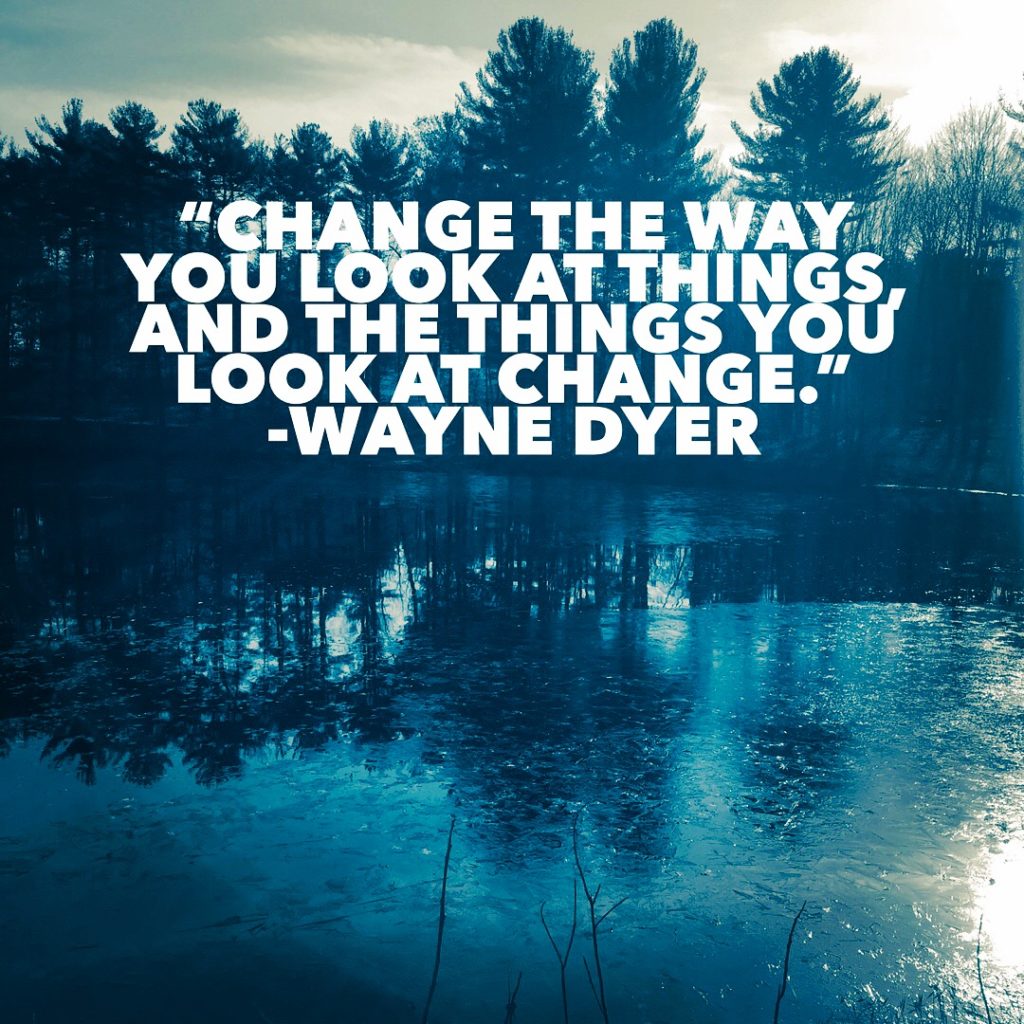
“Change the way you look at things, and the things you look at change.” – Wayne Dyer
This notion comes from quantum physics.
When you observe something, the very act of observing it changes the thing you’re observing.
***Please note: I’m not advocating that you put your head completely in the sand if you are in a situation in which you are getting consistently hurt, abused or disrespected.
I’m NOT saying “look at the bright side” if you are in an abusive relationship.
If you are experiencing intimate partner violence, chances are, you may already be focusing on the good, which I’d actually encourage you to stop doing and get yourself safe.
There are resources such as The Hotline which I strongly recommend you check out for free and confidential support if you are experiencing abuse.***
I know it can be hard to believe that if you simply change the way you look at something, it will change.
Let’s first look at how you are looking at things.
The Confirmation Bias, also known as The Confirmatory Bias, is a term used in psychological literature that basically states that we tend to seek out, find, interpret, notice and remember information and events that confirm our viewpoints in the first place.
In other words, if you believe you have a crappy relationship and your partner is a jerk, you’ll find evidence to support that.
If you believe your relationship is in desperate need of improvement, you’ll find all the things that are wrong with it.
Listen, I’m a sucker for wanting to improve things.
I want my life to keep getting better and better.
A surefire way to keep improving, however, isn’t to merely notice what’s not going well.
It’s also to pay attention to what is going well.
Quite simply stated, the 4 words to improve any relationship (or anything, really) are to:
Pay Attention And Appreciate
I wanted to share the quote “energy flows where attention goes” so I looked it up to see who originally said that.
There were so many attributions to that quote from Michael Beckwith to Tony Robbins to many others, which is a testament to the truth of that saying (or maybe it’s just my Confirmation Bias kicking in).
Whether it’s my Confirmation Bias or not, there’s something to it – you get more of what you pay attention to.
About improving your relationship…
That person you’re waking up next to was once your dream come true.
Surely there is something you can still appreciate about them?
Pay attention to that.
Loads of studies show that when you practice gratitude and make a note of writing things out that you’re grateful for and telling your partner them, you’ll both be happier.
First you must be present.
Your presence is the best present there is.
It’s the best present for you and anyone you care about.
Truly being present in all aspects of the moment is especially difficult for people who are in pain because they are blinded by their own pain.
Biologically, that’s how we’re wired – pain HURTS so that we will pay attention to it.
Emotional and social pain tell us, just like physical pain, that something is wrong and we must repair things so we can survive. (Relatively recent research also tells us that physical and social pain register in the same part of your brain, that’s how closely related they are and how physical and emotional wellness are really one in the same, both vital to our survival).
Here’s the thing though:
Your emotional pain WON’T kill you if you allow it to be, to move, to process, to exist.
That requires being present with it.
Our tendency may be to fight it, resist it, try to distract ourselves from it, numb it with chemicals of some kind including but not limited to alcohol, drugs or food.
But you can never outsmart your emotional experience.
You can just feel and allow it, be present with it.
It will move.
Then you can be present with more experiences too, including those of others, which is necessary if you want to improve your relationship.
Your emotional pain will loosen its grip on you when you change your relationship to it.
This will make room for you to appreciate more than just your pain.
So you can pay attention to what’s going well.
You can pay attention to why this person was once your dream come true in the first place.
You can pay attention to what you appreciate about them today.
You can pay attention to the small things you take for granted (we all do) that you’d be missing sorely if you somehow didn’t have them.
By paying attention to what you appreciate, you will fight patterns you’ve been caught in that haven’t been serving you or your partner.
You’ll start to notice all you do have and the many great things your partner brings to the table.
Start to tell them.
We all like to make each other happy.
They’ll get the message they’re pleasing you.
That feels good, so they’ll start to do more of it.
It really can be that simple.
Your action steps:
Get a notebook.
Write down 5 things you appreciate about your partner every day (something they did or do, something about their personality, something about the way they look, their values, an experience you shared together, it doesn’t matter what, just something you appreciate about them).
At random times throughout the day, tell them.
Tell them the things you wrote down.
Tell them how much you value them.
It’s that simple.
If you’re angry with them or disappointed with them, tell them anyway.
See what happens.
I’m not an advocate for self-abandonment, as that’s a surefire way to ruin your relationship (and your life).
However, a wee bit of presence and appreciation, particularly in the face of relationship distress, can go a long way to improve things.
Maybe that will mean your disappointment and anger will diminish.
Maybe it will just make it easier for them to hear you express your anger and disappointment and do what’s necessary to change.
And maybe you’ll start to feel better about everything too.
Let me know in the comments?
Here’s to your best relationship,
Jenev
 Loading...
Loading...

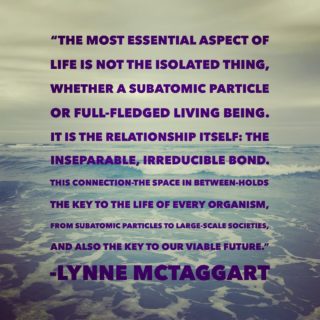


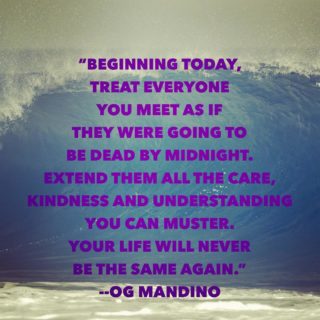
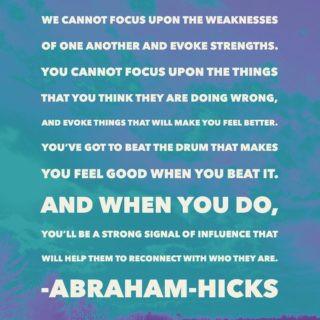







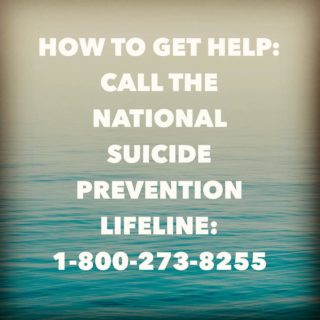
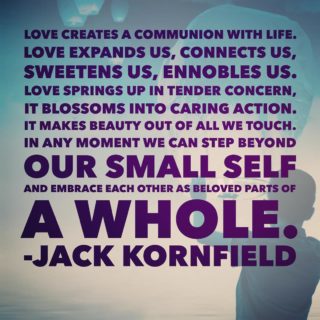
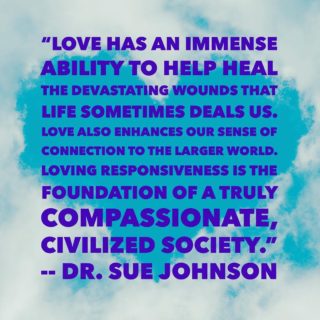
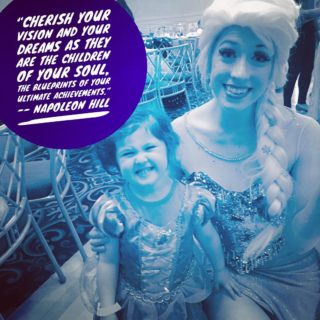
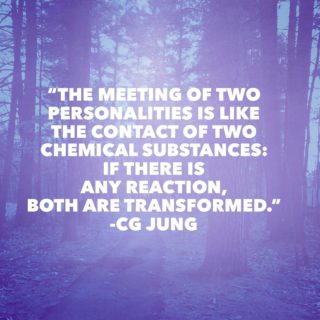


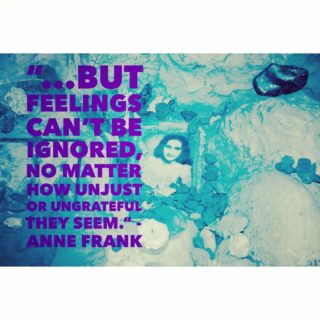
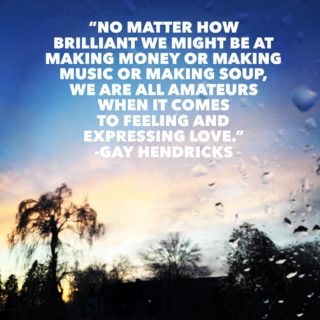

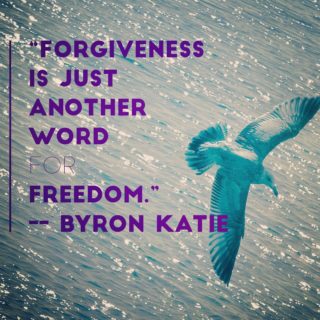






Hello Jenev,
I just read your article “4 Words To Improve Any Relationship (or anything, really)” and at times I do those things you mentioned like telling him daily what I like about him or something good he did etc,. but he still does not get it and only compliments me back right after I do, making it seemed forced. I feel like I am the only one constantly trying and feel like giving up 🙁
Hi Jaclyn,
Thanks for your comment, it sounds tough to feel like you’re the only one trying.
Him reciprocating immediately might mean that he’s having a hard time really receiving and taking in the kind things you’re telling him. Could you have a conversation about this?
Just a thought…
Does he know how hard you’re trying?
All my best,
Jenev